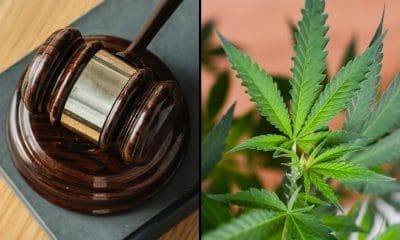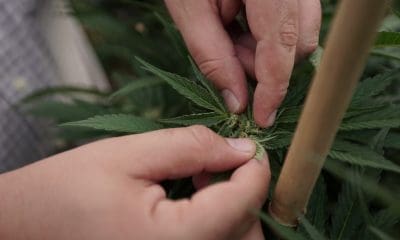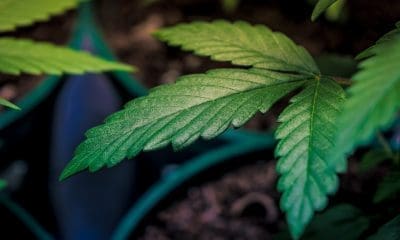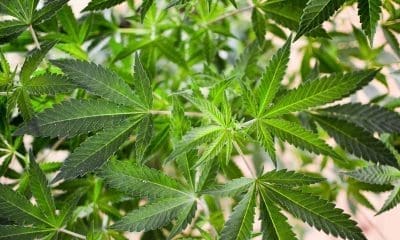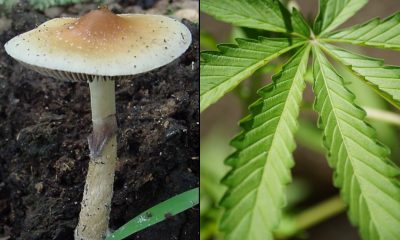Politics
United Nations To Vote On Marijuana Rescheduling And CBD Issues This Week, With U.S. Backing Some Reforms
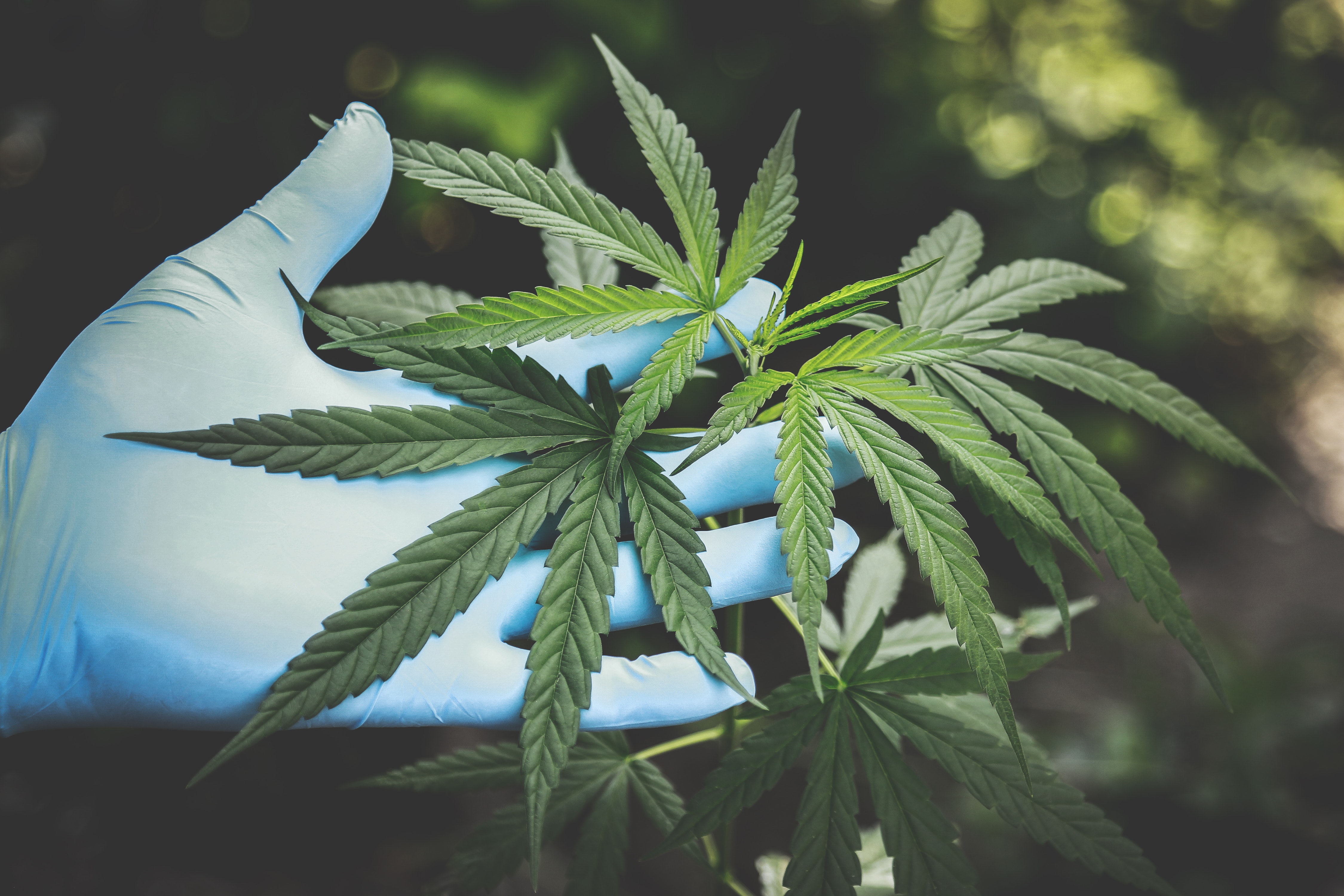
A key United Nations (UN) commission will vote on a series of World Health Organization (WHO) recommendations concerning international marijuana reform this week. And the U.S. is in favor of the boldest policy change.
UN’s Commission on Narcotic Drugs (CND) has held numerous meetings on the proposals—including removing cannabis from the most restrictive global drug scheduling category under a global treaty—since WHO made its six recommendations last year. Now, after several delays, CND is finally scheduled to meet to decide on the measures on Wednesday.
Advocates are generally encouraged by the development, arguing that a vote in favor of the reforms will promote research into the therapeutic potential of cannabis. However, they say removing marijuana from its current international Schedule IV status does not go far enough and means that many member nations will continue to criminalize the plant.
Here are each of WHO’s cannabis recommendations:
1. Remove marijuana from Schedule IV of the 1961 Single Convention.
2. Add THC and dronabinol (synthetic THC medication) to Schedule I of the 1961 Convention and, if approved, delete them from Schedule II of the 1971 Convention.
3. If the second recommendation is adopted, add tetrahydrocannabinol to Schedule I of the 1961 Convention and, if approved, delete it from Schedule I of the 1971 Convention.
4. Delete “extracts and tinctures of cannabis” from Schedule I of the 1961 Convention.
5. Add footnote to clarify that CBD products containing no more than 0.2 percent THC are not subject to international control.
6. Add “preparations containing dronabinol” to Schedule III of the 1961 Convention.
Last month, the U.S. government said it is backing the WHO recommendation to remove marijuana from the most restrictive global drug scheduling category—though it’s opposing separate cannabis reform proposals, including the one to clarify that CBD is not under international control.
John Walsh, director of drug policy for Washington Office on Latin America (WOLA), told Marijuana Moment that this upcoming vote is “momentous,” especially as “this is the first time that the UN scientific bodies has assessed placing cannabis and drug control schedules.”
‘And it’s extremely significant that the United States is supporting a recommendation to remove cannabis from Schedule IV, which strongly discourages medical uses of cannabis, even if it doesn’t outright prohibit it,” he said.
Of principal concern to advocates is that while marijuana would be removed from Schedule IV under the 1961 Single Convention—the most strict international category—it would maintain its status as a Schedule I controlled substance if the panel accepts the recommendation. (The international scheduling system differs from that of the U.S. in that the country’s most restrictive category is Schedule I.)
But despite supporting that recommendation, the U.S. circulated a proposed joint statement to other member states that claims consensus on the notion “that cannabis is properly subject to the full scope of international controls of the 1961 Single Convention, due in particular to the high rates of public health problems arising from cannabis use and the global extent of such problems, as identified in the critical review by WHO.”
It also stipulates that “no Party shall be precluded from adopting measures of control more strict or severe than those required as a result of this decision, if such measures in its opinion are necessary or desirable for the protection of the public health or welfare.” The language seems to attempt to leave room for countries to continue enforcing more restrictive cannabis policies regardless of international rules.
In an email obtained by Marijuana Moment, a State Department official said that the U.S. “believes, to demonstrate unity, every CND member and observer could ideally join the statement below, regardless of how their government will vote.” They also plan to proceed with filing the statement even if no other member states join them.
The statement represents a “disconnect” from the country’s planned vote in favor of removing marijuana from the international body’s most restrictive drug classification, Walsh said.
“Civil society had called for, and welcomed, this long overdue review process—but many have been critical of some of the recommendations,” drug policy reform advocates said in a media advisory. “While recommendations on medical cannabis and CBD are certainly positive steps, profound concerns have been raised around leaving cannabis in Schedule I of the 1961 Convention.”
“This recommendation is at odds with The Who Expert Committee on Drug Dependence’s clear finding that cannabis was less harmful than other drugs included in that schedule (heroin and cocaine),” the advisory, prepared by advocacy groups Transform Drug Policy Foundation, Transnational Institute, International Drug Policy Consortium and WOLA, said.
“Regardless of the outcome of the votes on 2 December, this historic review process has demonstrably failed to implement a much-needed modernization of an outdated and malfunctioning system, and to resolve key scientific, political, institutional and human rights challenges related to cannabis and its status in the international drugs control system,” they said.
Numerous health and drug policy reform groups have advocated for the more modest changes WHO proposed.
A coalition of drug policy groups told member nations in a sign-on statement that patients worldwide are “counting on you to seize the opportunity offered by WHO to update the treaties, doing all you can to ensure access to all useful medicines. Including cannabis medicines.”
“Adopting WHO’s recommendations would lead to better medications being developed and more tools for doctors to alleviate suffering while simultaneously reinforcing the UN’s relevance,” they said.
The Multidisciplinary Association for Psychedelic Studies also weighed in in favor of the recommendations.
While the WHO’s CBD recommendation would simply offer clarification that cannabidiol products containing no more than 0.2 percent THC isn’t a controlled substance under international treaties, the U.S. came down against that and several other cannabis-related proposals.
It should be noted that none of WHO’s recommendations would promote the legalization of cannabis in any country, but advocates nonetheless seem that as a step forward from the status quo.
“This is super, super meaningful. But I don’t want to overstate it,” Michael Krawitz, a U.S. Air Force veteran and legalization advocate who has spent years working to reform international drug treaties, told Marijuana Moment. “I’ve been cautioning really hard to member states to not fall into this trap that the opposition fell into on [on California’s 1996 medical cannabis initiative] of overstating what this does in an effort to try to stop it—and then vicariously creating expectations in people’s minds that this actually does much more than it does.”
But the U.S.’s expected support for the proposal to remove marijuana from Schedule IV represents a departure from its position as articulated in a government document that Marijuana Moment obtained earlier this year. The document stated that it’s “possible that civil society, the media, and the general public will view deleting cannabis from Schedule IV as a first step toward widespread legalization of marijuana use, especially without proper messaging.”
Meanwhile, if the recommendation on CBD is adopted, it could potentially have far-reaching implications in the U.S. In 2018, the FDA determined that CBD does not meet the criteria for federal control—except for the fact that international treaties to which the U.S. is party could potentially be construed as requiring it.
The U.S. does intend to back the fourth WHO recommendation on deleting cannabis extracts and tinctures from Schedule I of the 1961 Convention, according to advocates familiar with the delegation’s thinking.
FDA has on several occasions solicited public input to shape the government’s position on the international scheduling of marijuana and cannabinoids. The agency initially requested feedback on the proposal in March 2019 and then reopened that comment period five months later.
House Leaders Propose Changes To Federal Marijuana Legalization Bill Up For Floor Vote This Week
Photo by Aphiwat chuangchoem.




